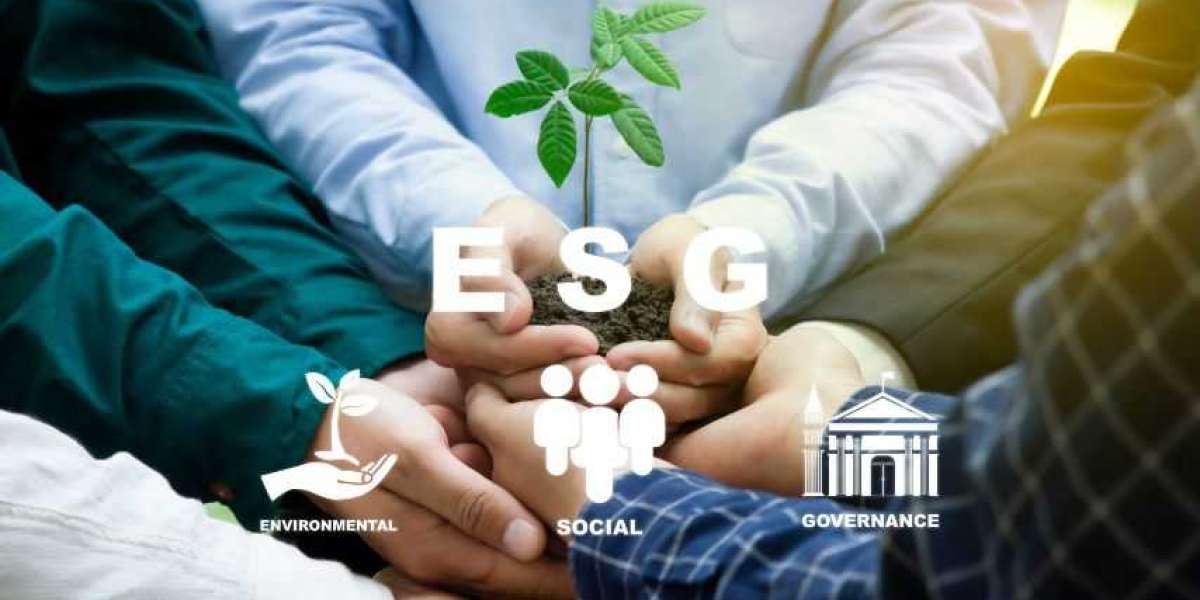ESG initiatives, encompassing environmental, social, and governance factors, have gained significant traction in recent years as businesses strive to create a positive impact on the planet and society while ensuring long-term financial sustainability. Malaysia, a burgeoning Southeast Asian economy, has been increasingly embracing ESG initiatives as part of its development journey. This blog aims to delve into the historical context, progression, challenges, and opportunities surrounding ESG initiatives in Malaysia, providing a holistic understanding of its growth and potential.
Table of Contents
- Historical Context of ESG Initiatives in Malaysia
- Progression of ESG Initiatives in Malaysia
- Challenges and Opportunities in the Malaysian ESG Landscape
- Future Outlook of ESG Initiatives in Malaysia
- Conclusion
Historical Context of ESG Initiatives in Malaysia
Early ESG efforts in Malaysia
Malaysia embarked on its ESG journey with limited awareness and sporadic initiatives. However, as sustainability emerged as a critical concern in the corporate landscape, the country began to witness a shift towards integrating ESG factors into business practices.
Government involvement in promoting ESG initiatives
The government of Malaysia played a pivotal role in promoting ESG initiatives through the introduction of national sustainable development policies. Furthermore, regulatory frameworks and guidelines for ESG disclosures were implemented, emphasizing the importance of transparency and accountability in corporate practices.
Progression of ESG Initiatives in Malaysia
Growth of ESG awareness in Malaysian businesses
Malaysian businesses have increasingly recognized the need for sustainable practices and have started incorporating ESG factors into their corporate strategies. This shift towards sustainable business practices has been driven by increased awareness of the societal and environmental impacts of business operations.
Enhancing corporate governance through ESG
ESG in Malaysia have played a crucial role in enhancing corporate governance in Malaysia. Strengthening board accountability and transparency have become key goals, leading to improved decision-making and risk management. Furthermore, responsible investing and shareholder activism have gained momentum, driving companies to focus on long-term sustainable value creation.
Engaging investors and financial institutions in ESG
The Malaysian financial sector has also recognized the significance of ESG integration. Sustainable financing instruments, such as green bonds, have been introduced to attract responsible investments. Financial institutions are increasingly integrating ESG factors into their investment strategies and actively engaging with companies to drive positive change.
Challenges and Opportunities in the Malaysian ESG Landscape
Obstacles hindering ESG implementation
Despite the progress made, several challenges hinder the complete implementation of ESG initiatives in Malaysia. One major obstacle is the lack of standardized ESG reporting and measurement methodologies, making it difficult to compare and assess companies' sustainability performance. Additionally, there is a scarcity of expertise in ESG practices and reporting, creating a need for capacity building and knowledge dissemination.
Addressing industry-specific ESG challenges
There are industry-specific challenges that Malaysia must address to advance ESG integration. For sectors heavily reliant on natural resources, such as palm oil and timber, there is an urgent need to emphasize ESG considerations. The responsible management of supply chains has also become critical, urging businesses to ensure ethical practices and avoid negative social and environmental impacts.
To tackle these industry-specific challenges effectively, many businesses in Malaysia turn to specialized ESG consultants. These firms offer tailored solutions and expertise to help companies in sectors like palm oil and timber navigate the complexities of ESG integration. Collaborating with best ESG consultants can facilitate responsible supply chain management, ethical practices, and adherence to ESG principles, ensuring a more sustainable and socially responsible approach within these industries.
Collaborative efforts for ESG advancement
Achieving widespread ESG integration requires collaboration among various stakeholders. The government and regulatory bodies play a vital role in creating an enabling environment through supportive policies and standards. Furthermore, industry collaboration and knowledge-sharing are essential to develop best practices, foster innovation, and share experiences within the Malaysian business ecosystem.
Future Outlook of ESG Initiatives in Malaysia
Emerging trends and their impact on ESG adoption
The global rise of green and sustainable finance has significant implications for the adoption of ESG practices in Malaysia. Increasing investor demand for ESG integration has fueled the growth of responsible investing in the country, incentivizing businesses to prioritize sustainability in their operations and decision-making processes.
Policy reforms and regulatory enhancements
Malaysia is poised to introduce mandatory ESG reporting regulations in the near future, which will further drive ESG integration across all sectors. Additionally, there is a growing emphasis on strengthening ESG disclosure standards and guidelines to ensure the transparency and comparability of sustainability performance among companies.
Envisioning a sustainable future for Malaysia
Education and awareness play vital roles in promoting ESG values and practices across Malaysia. By equipping future generations with ESG knowledge, Malaysia can foster a culture of sustainability and responsibility. Furthermore, cross-sector collaboration, including partnerships between government, businesses, and civil society, is crucial for achieving sustainable development goals, creating a prosperous and environmentally conscious Malaysia.
Conclusion
ESG initiatives have transitioned from being sporadic and limited in Malaysia to becoming integral to corporate decision-making and the financial ecosystem. Malaysia, with its potential for sustainable growth, has recognized the transformative power of ESG integration. It is imperative for stakeholders to embrace and support these initiatives, contributing to the country's vision of a sustainable future that balances economic prosperity, social progress, and environmental stewardship.














